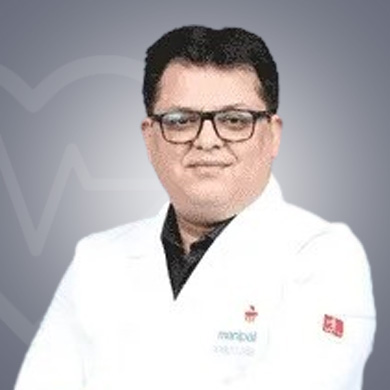
Ophthalmologist
Verified
Manipal Hospital, Ghaziabad , Ghaziabad, India
15 Years of experience
USD 30 USD 25 for video consultation
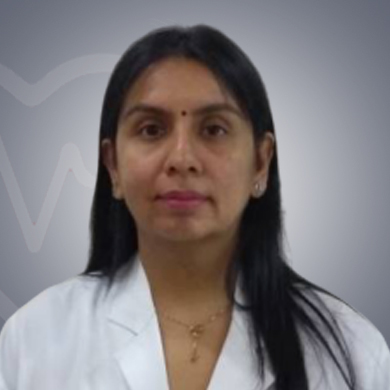
Opthalmologist
Verified
Fortis Hospital, Shalimar Bagh , Delhi, India
11 Years of experience
Speaks: English
USD 33 USD 28 for video consultation
Dr Triveni Grover is one of the leading Opthalmologist in New Delhi, India. The medical practitioner holds over 12 years of experience and is associated with Fortis Hospital, Shalimar Bagh.
Association and Memberships Dr. Triveni Grover is part of:
Certifications :
Qualifications :
Hospital Address :
Fortis Hospital , Shalimarbagh, Shaheed Udham Singh Marg, AA Block, Poorbi Shalimar Bag, Shalimar Bagh, Delhi, India
Medical Expertise of Dr. Triveni Grover
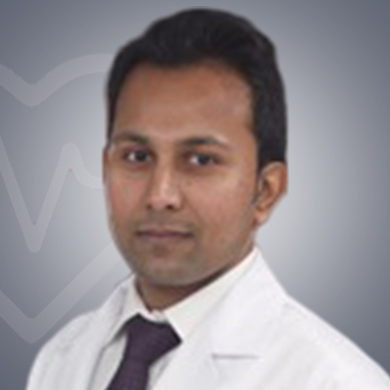
Ophthalmologist
Verified
NMC Royal Hospital, DIP , Dubai, United Arab Emirates
10 Years of experience
Speaks: English
USD 180 USD 150 for video consultation
Dr. Vasu Kumar is a specialized Ophthalmologist in United Arab Emirates. And one of the most sought after medical specialists in Dubai, United Arab Emirates. The doctor has over 8 Years of experience and is associated with NMC Royal Hospital, DIP.
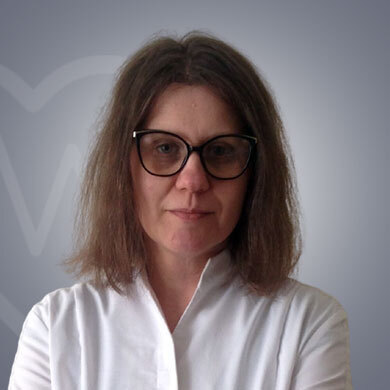
Optometrist
Verified
London, United Kingdom
10 Years of experience
Speaks: English,Latvian
USD 36 USD 30 for video consultation
Using MediGence’s Telemedicine Platform, you can book a personalized video consultation with renowned doctors around the world

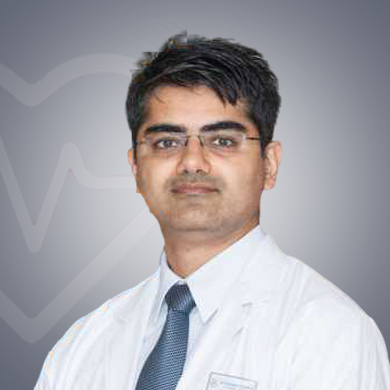
Opthalmologist
Verified
Aakash Healthcare Super Speciality Hospital , Delhi, India
15 Years of experience
Speaks: English
USD 38 USD 32 for video consultation
Dr Prashaant Chaudhry is one of the foremost Opthalmologist in New Delhi, India. The doctor holds over 15 years of experience and is associated with Aakash Healthcare Super Speciality Hospital.
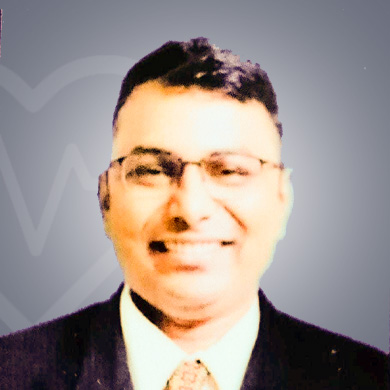
Ophthalmology
Verified
Delhi, India
6 Years of experience
USD 36 USD 30 for video consultation

Ophthalmologist
Verified
Dubai, United Arab Emirates
5 Years of experience
Speaks: Arabic,English
USD 144 USD 120 for video consultation
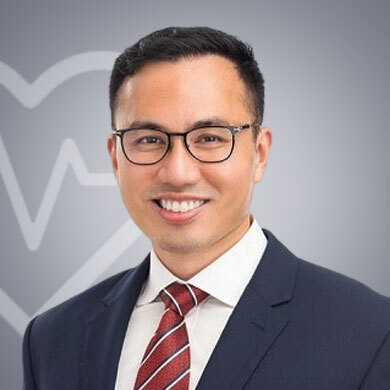
Ophthalmologist
Verified
Singapore, Singapore
7 Years of experience
Speaks: Chinese,English
USD 390 USD 325 for video consultation
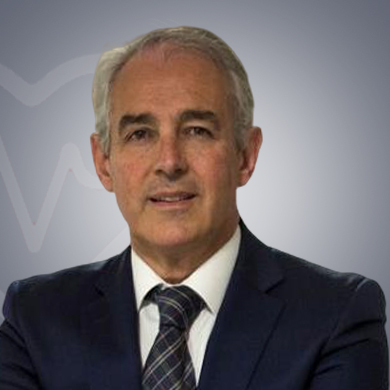
Opthalmologist
Instituto Oftalmologico Quironsalud Dexeus , Barcelona, Spain
30 Years of experience
Speaks: English
Dr. Carlos Verges Roger is a specialized Ophthalmologist in Spain. And one of the most sought after medical specialists in Barcelona, Spain. The doctor has over 30 Years of experience and is associated with Instituto Oftalmologico Quironsalud Dexeus.
Association and Memberships Dr. Carlos Verges Roger is part of:
Certifications :
Qualifications :
Hospital Address :
Instituto Oftalmol
Medical Expertise of Dr. Carlos Verges Roger
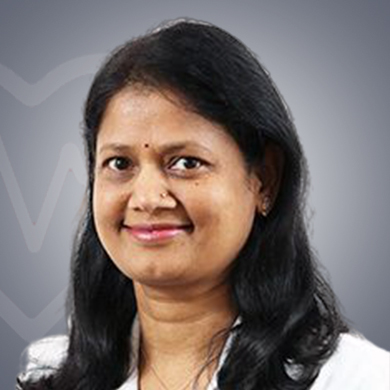
Thumbay University Hospital, Ajman , Ajman, United Arab Emirates
15 Years of experience
Speaks: English
Dr. Poornima Shadaksharappa is a specialized Ophthalmologist in United Arab Emirates. And one of the most sought after medical specialists in Ajman, United Arab Emirates. The doctor has over 15 Years of experience and is associated with Thumbay University Hospital, Ajman.
Association and Memberships Dr. Poornima Shadaksharappa is part of:
Qualifications :
Hospital Address :
Thumbay University Hospital - Ajman - United Arab Emirates
What is the medical expertise of Dr Poornima Shadaksharappa?
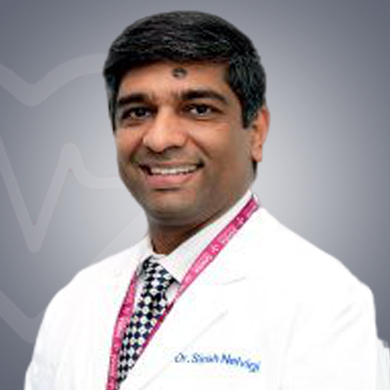
Bangalore, India
25 Years of experience
Speaks: English
Dr. Sirish Nelivigi is a specialized Ophthalmologist in India. And one of the most sought after medical specialists in Bangalore, India. The doctor has over 25 Years of experience and is associated with Sakra World Hospital.
Association and Memberships Dr. Sirish Nelivigi is part of:
Certifications :
Qualifications :
Hospital Address :
Sakra World Hospital, Devarabisanahalli, Bellandur, Bengaluru, Karnataka, India
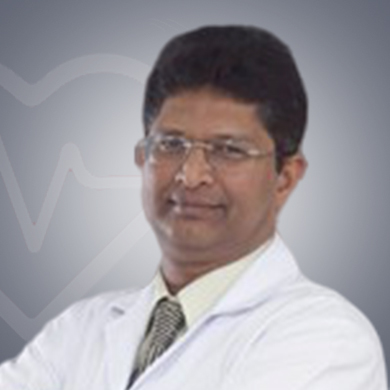
NMC Specialty Hospital - Al Ain , Abu Dhabi, United Arab Emirates
15 Years of experience
Speaks: English
Dr. Pradeep Kumar Shetty is a specialized Ophthalmologist in United Arab Emirates. And one of the most sought after medical specialists in Al Ain, United Arab Emirates. The doctor has over 15 Years of experience and is associated with NMC Specialty Hospital - Al Ain.
Qualifications :
Hospital Address :
NMC Specialty Hospital Al Ain - Abu Dhabi - United Arab Emirates
What is the medical expertise of Dr Pradeep Kumar Shetty?
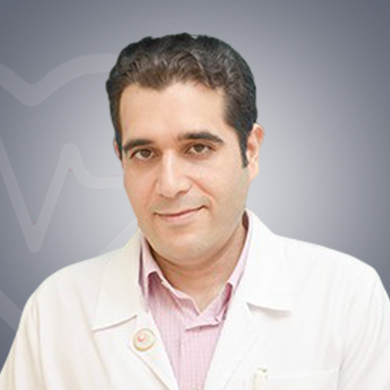
Dr. Hossein Poorsalman is a specialized Ophthalmologist in United Arab Emirates. And one of the most sought after medical specialists in Dubai, United Arab Emirates. The doctor has over 10 Years of experience and is associated with Iranian Hospital.
Qualifications :
Hospital Address :
Iranian Hospital - Al Wasl Road - Dubai - United Arab Emirates
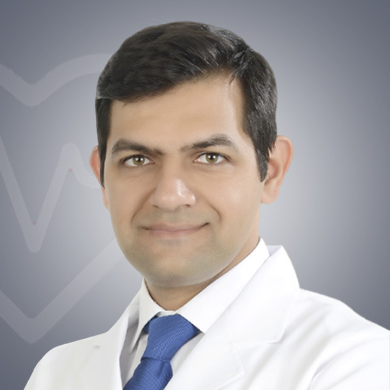
Dr. Achraf Hejazi is a specialized Ophthalmologist in United Arab Emirates. And one of the most sought after medical specialists in Dubai, United Arab Emirates. The doctor has over 10 Years of experience and is associated with Prime Hospital.
Association and Memberships Dr. Achraf Hejazi is part of:
Certifications :
Qualifications :
Hospital Address :
Prime Hospital - Dubai - United Arab Emirates
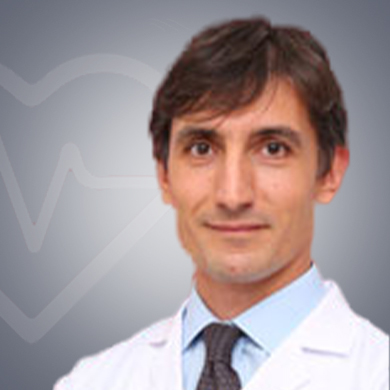
Burjeel Hospital, Abu Dhabi , Abu Dhabi, United Arab Emirates
15 Years of experience
Speaks: English
Dr. Edmondo Borasio is a specialized Ophthalmologist in United Arab Emirates. And one of the most sought after medical specialists in Abu Dhabi, United Arab Emirates. The doctor has over 15 Years of experience and is associated with Burjeel Hospital, Abu Dhabi.
Association and Memberships Dr. Edmondo Borasio is part of:
Qualifications :
Hospital Address :
Burjeel Hospital - Abu Dhabi - United Arab Emirates
What is the medical expertise of Dr Edmondo Borasio?
An eye specialist, also called an optometrist, is a doctor specialized in providing the diagnosis, treatment and prevention of eye diseases, disorders and ailments such as low vision, refractive error correction etc.
An optometrist examines the vision of both the eyes and also the health problems. Thereafter they guide on other refractive error correction procedures based on the diagnosis. Eye specialists provide a full spectrum of eye care starting from prescribing eyeglasses and contact lenses to complex and delicate eye surgery.
Eye specialists are not necessarily eye surgeons; they are experienced and trained to conduct eye surgeries as needed by patients as a part of their treatment. The medical doctor who performs surgical and medical interventions for eye conditions is called an ophthalmologist.
Below are some of the eye procedures:
| Doctor | Associated Hospital |
|---|---|
| Dr. Mona Marwan | Burjeel Hospital, Abu Dhabi, Abu Dhabi |
| Dr. Joan Casado | Dexeus University Hospital, Barcelona |
| Dr. Agustin Fernandez | Dexeus University Hospital, Barcelona |
| Dr. Carles Barnes | Dexeus University Hospital, Barcelona |
| Dr. Gaurav u Sood | NMC Specialty Hospital, Al Nahda, Dubai |
| Dr. Ginte Sirvydyte | Kardiolita Hospital, Vilnius, Vilnius |
| Dr. Sreedhara Naik | Max Super Specialty Hospital, Vaishali, Ghaziabad |
| Dr. Triveni Grover | Fortis Hospital, Shalimar Bagh, New Delhi |
Online consultations are a quick and easy method to connect with an Eye specialist. It not only helps in the long-term management of your situation, but it also guarantees that any immediate or significant issues are addressed. Online consultation with an ophthalmologist or eye specialist allows for timely intervention. We've compiled a list of reasons why you should schedule an online consultation with an eye specialist-
Please make sure to see your doctor using Telemedicine before you even board a flight
An ophthalmologist, is a doctor specialized in medical and surgical care of the eyes and vision. They are licensed doctors with complete training and education to practice medicine and surgery for the diagnosis, treatment and prevention of medical conditions related to the eyes.
They provide total eye care encompassing eye and vision care services, eye examination, diagnosis, treatment and prevention of eye disease, surgical care and management of complications from other associated conditions such as diabetes.
You should consider visiting an Ophthalmologist in the following cases:
Procedures commonly performed by an Ophthalmologist commonly include:
Popular Eye Specialist in Top Countries are :
Top Speciality Doctors Worldwide:
List of Top Rated Hospitals where we can find Eye Specialist Worldwide are as followed:
Yes, we provide the list of Eye Specialist worldwide in the following languages:
Here are some of the best rated eye specialist available for online consultation:
Listed below are some of the top hospitals where eye specialist work:
An eye specialist is a medical doctor who is trained in diagnosing and treating eye-related diseases. Subspecialist eye specialists have generally completed training that qualifies them to work on eye complex disorders that are complex, involve a particular part of the eye, or impact some groups of people. They also get training more extensively than a regular ophthalmologist to perform complicated surgeries on critical parts of the eye.
Many eye specialists are involved in research on the real causes and cures for eye conditions and vision problems. Ophthalmologists can sometimes detect other health problems that may not be directly related to your eye and could refer those patients to the right medical doctors for effective treatment.
Optometrists, a type of eye specialist, have expertise in taking care of primary health care for your eyes. After completing college, they spent a four-year professional program to get a doctor of optometry degree. Some of them undergo additional clinical training or even complete a specialty fellowship after completing optometry school. They generally focus on regular vision care.
To become a qualified eye specialist, an aspiring candidate should complete his/her MBBS degree and then so post-graduation in Ophthalmology. The required postgraduate degrees are Master of Surgery (M.S.), Doctor of Medicine (M.D.), and Diploma in Ophthalmic Medicine and Surgery. The training and work experience is gained during a Junior Residency at a Medical College under the guidance of experienced faculty and this is known as an internship. Also, further work experience during the fellowship, registrar, or senior resident sharpens the skills of an eye specialist.
Some of the conditions an eye specialist diagnoses and treats include:
Your eye specialist will order certain diagnostic tests to detect the actual problem with your eyes. Below are some common tests generally ordered by an eye specialist:
There are some symptoms and signs that may hint you need to see an eye specialist. If you notice any one of the five signs, book an appointment with your eye specialist immediately.
For scheduled eye exams, you may expect to discuss any changes you noticed in your medical history since you saw your eye doctor last time. And if it is your first appointment, you may be asked to provide a more detailed medical history, including all medications you are taking, and any vision issues your parents might have experienced. Make sure you bring in all eyewear that you are wearing at present so it can be evaluated by your eye specialist.
Besides this, you will need to undergo a series of vision screenings and other vision tests to help determine your eye health and the quality of your vision. These tests will also help to find if your current prescription glasses are still meeting your vision needs. The eye doctor will also check the eyes for signs of any vision problems or eye conditions.
Finally, you should have a detailed discussion about the current state of your vision and eye health, and your eye specialist may suggest vision correction in the form of contact lenses or eyeglasses. Any health problems or serious vision complications would also be discussed, including steps you need to take to protect and preserve your sight.
There are different ways to treat vision problems. Surgery can correct problems, such as glaucoma and cataracts. Other procedures may improve poor vision.
Here are some common procedures performed by an eye specialist:
An eye specialist is a medical doctor who is trained in diagnosing and treating eye-related diseases. Subspecialist eye specialists have generally completed training that qualifies them to work on eye complex disorders that are complex, involve a particular part of the eye, or impact some groups of people. They also get training more extensively than a regular ophthalmologist to perform complicated surgeries on critical parts of the eye.
Many eye specialists are involved in research on the real causes and cures for eye conditions and vision problems. Ophthalmologists can sometimes detect other health problems that may not be directly related to your eye and could refer those patients to the right medical doctors for effective treatment.
Optometrists, a type of eye specialist, have expertise in taking care of primary health care for your eyes. After completing college, they spent a four-year professional program to get a doctor of optometry degree. Some of them undergo additional clinical training or even complete a specialty fellowship after completing optometry school. They generally focus on regular vision care.
To become a qualified eye specialist, an aspiring candidate should complete his/her MBBS degree and then so post-graduation in Ophthalmology. The required postgraduate degrees are Master of Surgery (M.S.), Doctor of Medicine (M.D.), and Diploma in Ophthalmic Medicine and Surgery. The training and work experience is gained during a Junior Residency at a Medical College under the guidance of experienced faculty and this is known as an internship. Also, further work experience during the fellowship, registrar, or senior resident sharpens the skills of an eye specialist.
Some of the conditions an eye specialist diagnoses and treats include:
Your eye specialist will order certain diagnostic tests to detect the actual problem with your eyes. Below are some common tests generally ordered by an eye specialist:
There are some symptoms and signs that may hint you need to see an eye specialist. If you notice any one of the five signs, book an appointment with your eye specialist immediately.
For scheduled eye exams, you may expect to discuss any changes you noticed in your medical history since you saw your eye doctor last time. And if it is your first appointment, you may be asked to provide a more detailed medical history, including all medications you are taking, and any vision issues your parents might have experienced. Make sure you bring in all eyewear that you are wearing at present so it can be evaluated by your eye specialist.
Besides this, you will need to undergo a series of vision screenings and other vision tests to help determine your eye health and the quality of your vision. These tests will also help to find if your current prescription glasses are still meeting your vision needs. The eye doctor will also check the eyes for signs of any vision problems or eye conditions.
Finally, you should have a detailed discussion about the current state of your vision and eye health, and your eye specialist may suggest vision correction in the form of contact lenses or eyeglasses. Any health problems or serious vision complications would also be discussed, including steps you need to take to protect and preserve your sight.
There are different ways to treat vision problems. Surgery can correct problems, such as glaucoma and cataracts. Other procedures may improve poor vision.
Here are some common procedures performed by an eye specialist: